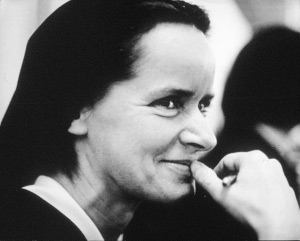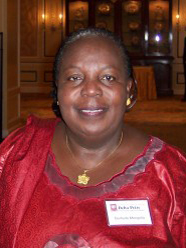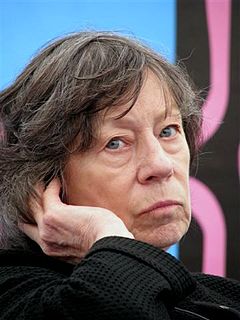A Quote by Ruth Bader Ginsburg
It is not women's liberation, it is women's and men's liberation.
Quote Topics
Related Quotes
One absolutely crucial change is that feminist film theory is today an academic subject to be studied and taught. "Visual Pleasure and Narrative Cinema" was a political intervention, primarily influenced by the Women's Liberation Movement and, in my specific case, a Women's Liberation study group, in which we read Freud and realised the usefulness of psychoanalytic theory for a feminist project.
Libertarian action must recognize this dependence as a weak point and must attempt through reflection and action to transform it into independence. However, not even the best-intentioned leadership can bestow independence as a gift. The liberation of the oppressed is a liberation of women and men, not things. Accordingly, while no one liberates himself by his own efforts alone, neither is he liberated by others. Liberation, a human phenomenon, cannot be achieved by semihumans. Any attempt to treat people as semihumans only dehumanizes them.
I don't think that Women's Liberation will change much though -- not because there is anything wrong with their aims, but because it is already clear that the whole world is being shaken into a new pattern by the cataclysms we are living through: probably by the time we are through, if we do get through at all, the aims of Women's Liberation will look very small and quaint.
































